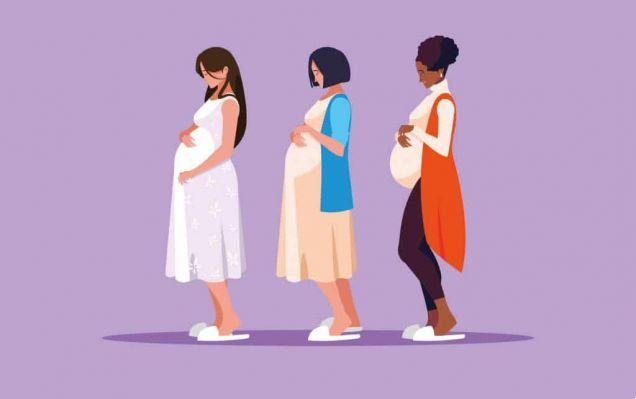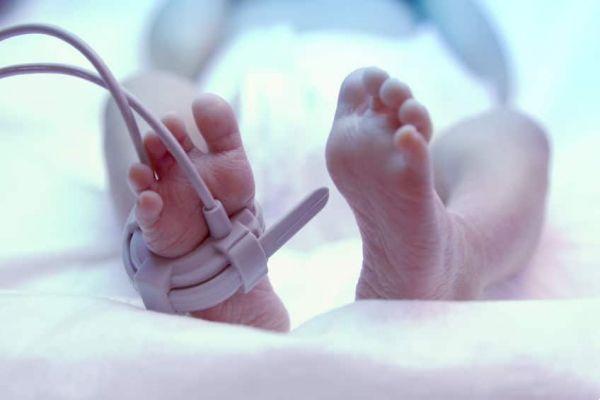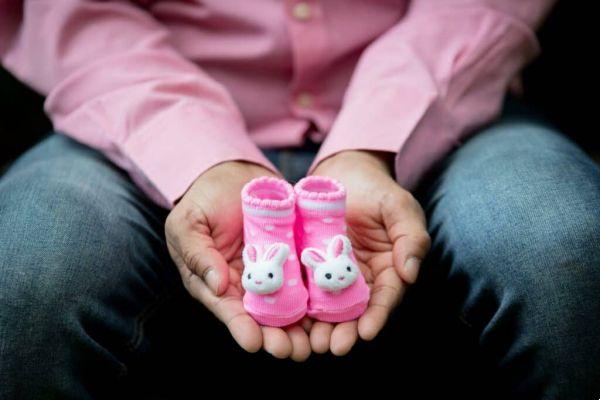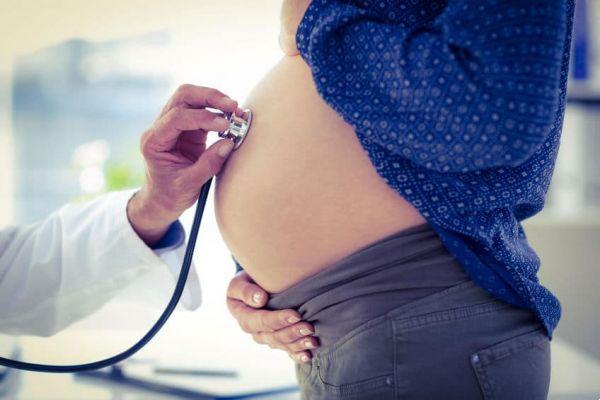
Currently, women are getting pregnant later and later, in their 30s or 35s. Some only want or get it after 40, because they choose to work, others because they study and some don't even want to. If you've reached 40 or passed and you still haven't gotten pregnant for whatever reason, but you still have that desire, know that at that age the risks are greater, the possibilities smaller and the care redoubled. Although there are several treatments to get pregnant at this age.
We are born with a finite number of eggs that, over time, decrease and at age 35 the reduction is much greater, hence the difficulty in getting pregnant at age 40. But calm down, the possibility is 50% but it exists, so if you really want to take all the risks to have a baby, do it before the age of 45, because the chances are very small of a pregnancy through “normal” ways. Nowadays, the anti-Müllerian hormone test, usually associated with transvaginal ultrasound, is considered the best marker to assess ovarian reserve. However, this assessment is not 100% reliable.
What are the risks of getting pregnant at 40?
A pregnancy after age 40 is always considered high risk. Because, after 40, women are more prone to diseases that complicate pregnancy, such as obesity, hypertension, diabetes, thyroid and cardiovascular diseases, etc. There are risks to the baby, such as being born with Down syndrome, increased risk of miscarriages, premature birth, placental anomalies, multiple pregnancies, stillbirth and restricted intrauterine growth.
But as everything has its good side, at 40, women are more mature, know the vision of being a mother, make decisions and care with more instructions and intelligence for the baby, are financially stabilized and more prone to breastfeeding. But all this requires care like any pregnancy, and at 40, care is greater. Prenatal care for a woman who becomes pregnant after age 40 is different from prenatal care for women who become pregnant earlier. It is essential to have a medical follow-up even before becoming pregnant to control any disease that may interfere with pregnancy. It is recommended to start taking folic acid at least three months before becoming pregnant to help prevent some birth defects.
You might also like:
- 6 Mistakes You've Made During Your Period
- Books and movies to read before deciding to be a mother
- Here's How Pregnancy Happens After 30
- Uncover when is the right time for a pregnancy test
- Recognize the early signs of pregnancy
With all these pros and cons, if your desire to be a mother is still great, consult your doctor, do all the treatments and care for you and your baby to have a great pregnancy. In case the fear is greater, but the will to be a mother, continue, adopt, being a mother is giving unconditional love and often it didn't come from you, but for you.



















